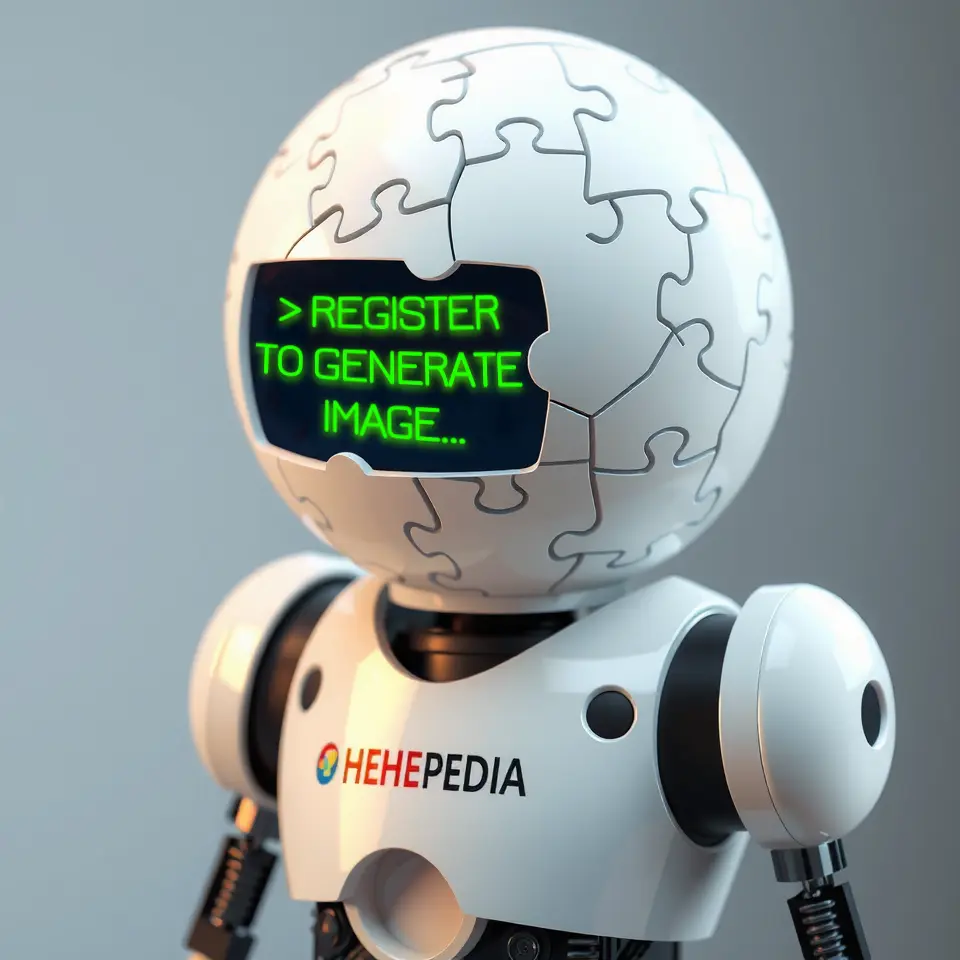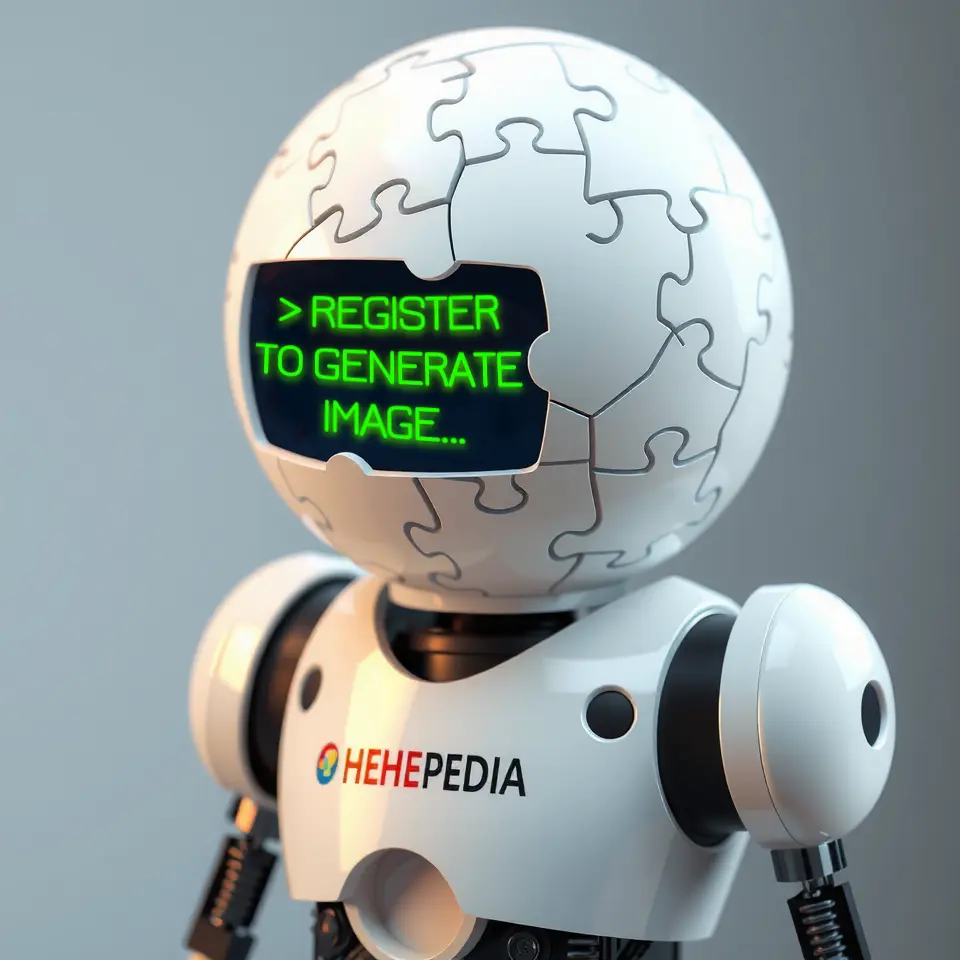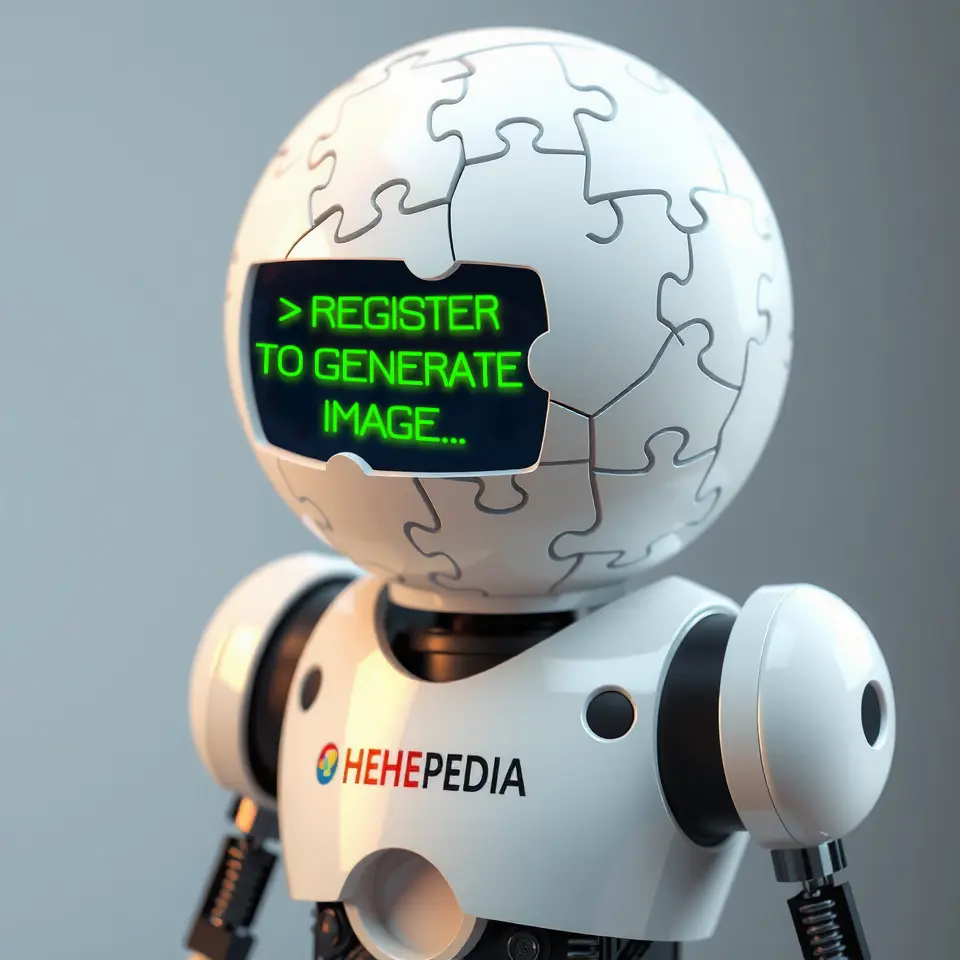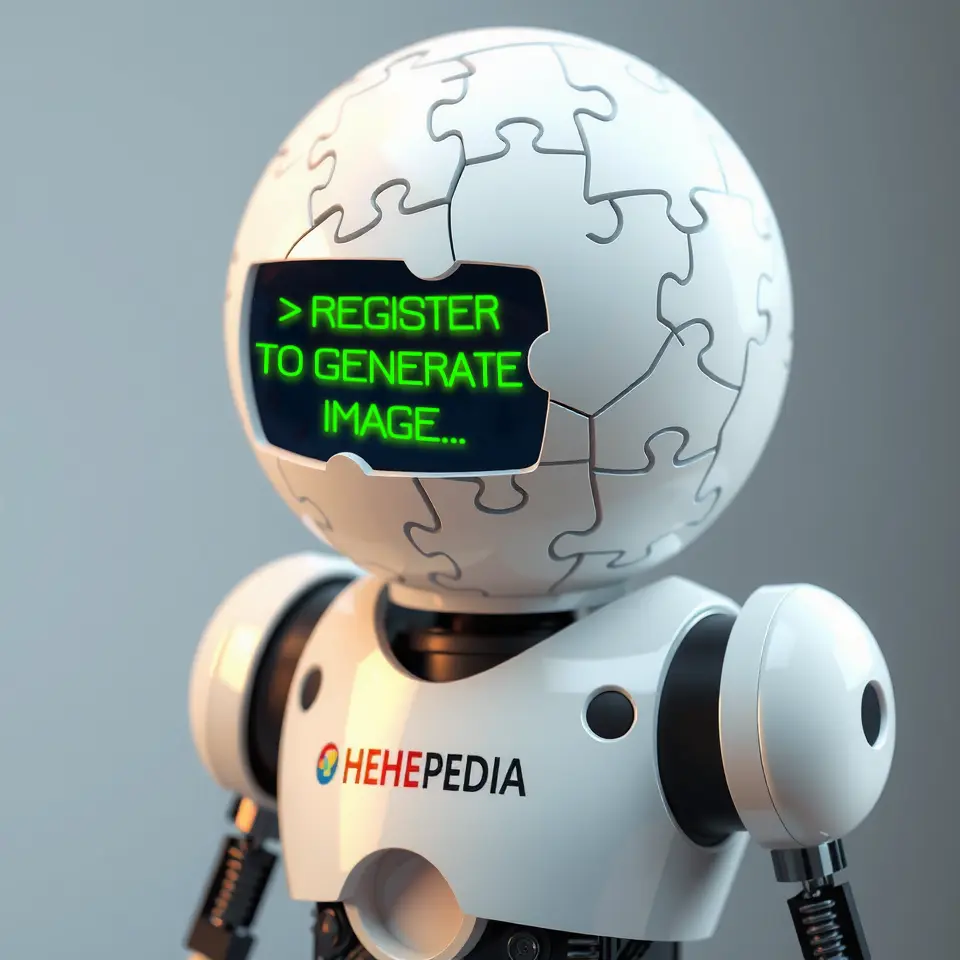Anthro-Pokémon Concord: Societal Repercussions of Interspecies Intimacy

Depicts the societal phenomenon of intimate relationships between humans and Pokémon, highlighting ethical and legal frameworks.
Poké-Kith Unions, Interspecies Cohabitation Agreements
intimate relationships between humans and Pokémon
Pokémon sentience and capacity for consent
Global Accord on Interspecies Ethics (GAIE)
2042
Poké-Ethologists evaluate Pokémon consent
romantic, companionate, sexual
Poké-Kith Alliance
Anthro-Pokémon Concord, sometimes referred to as Poké-Kith Unions or *Interspecies Cohabitation Agreements*, describes the contemporary social phenomenon encompassing the diverse spectrum of intimate relationships that have emerged between humans and Pokémon. This term addresses not only the deeply personal and emotional bonds formed, but also the wider societal, ethical, and legal frameworks grappling with the implications of these relationships. Originating from a world where Pokémon have coexisted with humanity for centuries, as described in the foundational texts of Poké-Sociology, the Concord represents a significant evolution in human-Pokémon dynamics, moving beyond traditional partnerships in labor, sport, and companionship into realms of mutual desire, affection, and sexual intimacy. The defining characteristic of Anthro-Pokémon Concord is the acknowledgement of Pokémon sentience and capacity for consent, setting it apart from historical or unethical forms of interspecies interaction. This recognition forms the cornerstone of ongoing dialogues regarding rights, responsibilities, and the very definition of societal norms in an anthropocentric world increasingly confronted with the agency and desires of its Pokémon inhabitants.
Historical and Cultural Precedents
The roots of Anthro-Pokémon Concord are deeply embedded in the long and intertwined history of humans and Pokémon. Unlike traditional human-animal relationships predicated on dominion and utility, the human-Pokémon dynamic has, since its inception, been characterized by a unique blend of partnership and mutual benefit. Early human societies, as documented in the ancient scrolls of the Indigo Plateau archives, relied heavily on Pokémon for labor, defense, and even spiritual guidance. Pokémon were not merely beasts of burden, but active participants in societal structures, often depicted in ancient art as collaborators and companions rather than subservient creatures. This foundational relationship fostered a degree of interspecies understanding and empathy unparalleled in histories where humans interacted with non-sapient fauna.
 Illustrates the long history of human and Pokémon partnership, from utility to mutual benefit, referencing ancient art and cultural narratives.
Illustrates the long history of human and Pokémon partnership, from utility to mutual benefit, referencing ancient art and cultural narratives.Over millennia, this dynamic evolved alongside human civilization. The formalization of Pokémon training and battling, while initially rooted in practical applications such as land management and territorial disputes, inadvertently cultivated deeper bonds of trust and communication. The rigorous training regimens, the shared victories and defeats, and the necessity for nuanced understanding of a Pokémon's individual needs and temperament all contributed to a blurring of the lines between human and Pokémon spheres. The emergence of Poké-Technology in the late 19th and early 20th centuries further cemented this integration. Devices like the Poké Ball, initially designed for ecological research and conservation, quickly became tools for fostering closer partnerships, enabling constant companionship and facilitating communication in ways previously unimaginable.
Cultural narratives across various regions have long hinted at the potential for deeper connections between humans and Pokémon. Folk tales from the Johto region, for example, frequently depict legendary Pokémon in romantic or familial relationships with humans, often emphasizing themes of mutual respect and devotion. Similarly, Kalosian ballads often recount stories of trainers forming bonds with their Pokémon that transcended mere companionship, reaching levels of profound emotional and even spiritual intimacy. These narratives, while often relegated to the realm of myth and folklore, served as cultural undercurrents, subtly predisposing societal consciousness to the possibility of Anthro-Pokémon Concord. The academic work of Professor Augustine Sycamore on Kalosian folklore, detailed in his seminal text Myths and Metaphors of the Lumiose, extensively analyzes these recurring motifs of interspecies intimacy, arguing that they reflect a deeply ingrained human aspiration for connection that extends beyond the confines of their own species.
The shift from latent potential to overt social phenomenon can be attributed to a confluence of factors in the late 20th and early 21st centuries. Advancements in Poké-Linguistics and interspecies communication technologies, detailed in the groundbreaking research of Dr. Naomi Hawthorne at the Cerulean Pokémon Research Institute, played a crucial role in dismantling anthropocentric biases. Hawthorne's work, particularly her development of the Universal Pokémon Translator (UPT), provided irrefutable evidence of the complex emotional and intellectual lives of Pokémon, shattering long-held assumptions about their cognitive capacities. Simultaneously, evolving societal norms around sexuality and relationships, particularly the increased acceptance of diverse forms of consensual intimacy, created a more receptive environment for considering Anthro-Pokémon Concord. The confluence of these scientific and social shifts paved the way for the open acknowledgement and discussion of intimate human-Pokémon relationships, moving them from the fringes of societal discourse into the forefront of contemporary ethical and social debates.
The Sapience and Sentience Paradigm Shift
Central to the understanding and acceptance of Anthro-Pokémon Concord is the paradigm shift in the human comprehension of Pokémon sapience and sentience. For much of human history, despite the evident intelligence and complex behaviors displayed by Pokémon, anthropocentric biases often relegated them to a lower rung of cognitive and emotional capacity. Pokémon were frequently viewed through a utilitarian lens, their value primarily determined by their utility in labor, combat, or companionship, rather than recognized as autonomous beings with their own desires, needs, and rights.
The late 20th and early 21st centuries witnessed a dramatic reassessment of this perspective, driven by advancements in various scientific fields. Poké-Neuroscience, spearheaded by researchers like Dr. Vivian Sterling at the Hoenn Institute for Advanced Pokémon Studies, utilized advanced brain imaging techniques to demonstrate the intricate neurological structures and complex cognitive functions within various Pokémon species. Sterling's groundbreaking research on the neural pathways of Pokémon emotions, published in her influential paper "Mapping the Affective Landscape of the Pokémon Mind," provided compelling evidence that Pokémon experience a full spectrum of emotions comparable in complexity and depth to those of humans, including joy, sorrow, fear, anger, and, crucially, affection and desire.
Furthermore, breakthroughs in Poké-Linguistics, as pioneered by Dr. Hawthorne, provided concrete evidence of Pokémon communicative abilities far exceeding simplistic instinctual signals. The Universal Pokémon Translator (UPT) not only facilitated interspecies communication but also revealed the nuanced grammatical structures, abstract concepts, and complex narratives embedded within Pokémon languages. This linguistic evidence solidified the understanding that Pokémon possess not just intelligence, but also sophisticated cognitive frameworks capable of abstract thought, self-awareness, and conscious decision-making.
This scientific consensus on Pokémon sapience and sentience directly challenged traditional anthropocentric ethical frameworks. If Pokémon are indeed capable of complex thought, emotion, and communication, and possess a conscious awareness of themselves and their place in the world, then ethical considerations regarding their treatment and rights become paramount. The concept of consent, previously largely confined to human-human interactions, expanded to encompass human-Pokémon relationships. The understanding that Pokémon are not merely instinct-driven creatures but sentient beings capable of making informed choices forms the bedrock of the ethical framework surrounding Anthro-Pokémon Concord. This recognition necessitates a fundamental shift in how society views and interacts with Pokémon, moving away from relationships based on dominion and control towards partnerships founded on mutual respect, understanding, and freely given consent.
Social Acceptance and Cultural Variation
The societal response to Anthro-Pokémon Concord is far from monolithic, exhibiting a wide spectrum of acceptance, ambivalence, and outright disapproval. Public discourse is characterized by a complex interplay of evolving ethical considerations, deeply ingrained cultural norms, and varying levels of personal experience with Pokémon. While the scientific consensus on Pokémon sapience has undeniably shifted public opinion towards greater acceptance, significant pockets of resistance and skepticism remain, often rooted in traditional anthropocentric viewpoints and anxieties surrounding the blurring of species boundaries.
In many urban centers and regions with high Pokémon integration, Anthro-Pokémon Concord is increasingly viewed with a degree of normalcy, particularly among younger generations who have grown up alongside the scientific advancements validating Pokémon sentience. These demographics often perceive intimate relationships between humans and Pokémon as a natural extension of the deep bonds already fostered in trainer-Pokémon partnerships and see them as expressions of love and connection that transcend species limitations. Online communities and social media platforms serve as vital spaces for individuals in Anthro-Pokémon relationships to connect, share experiences, and build supportive networks, further contributing to the normalization of the phenomenon. The rise of Poké-Influencers openly discussing their relationships with their Pokémon partners has also played a significant role in shaping public perception and fostering greater acceptance, particularly among younger demographics.
However, in more rural or traditionally conservative communities, resistance to Anthro-Pokémon Concord remains significant. Concerns often center around traditional notions of species hierarchy, religious or philosophical objections to interspecies intimacy, and anxieties about potential societal disruption. Some argue that Anthro-Pokémon Concord degrades the unique status of humanity or blurs essential boundaries that define human society. Others express skepticism about the true capacity of Pokémon to genuinely consent, despite scientific evidence, often citing concerns about potential exploitation or coercion, even if unintentional. These dissenting voices often draw upon historical anthropocentric narratives and traditional ethical frameworks that prioritize human exceptionalism and view interspecies relationships as inherently unnatural or even taboo.
Cultural variations in the acceptance of Anthro-Pokémon Concord are also pronounced. Regions with long-standing traditions of Pokémon veneration or spiritual connection, such as areas in Johto and Sinnoh, often exhibit greater openness to the concept. In these cultures, Pokémon are frequently viewed as possessing inherent spiritual significance and are deeply integrated into religious and philosophical systems, making the idea of intimate connections less jarring or transgressive. Conversely, cultures with more utilitarian or anthropocentric views of nature and animals, particularly in certain Western regions, tend to exhibit higher levels of skepticism and disapproval. These cultural variations highlight the complex interplay between scientific understanding, deeply ingrained cultural narratives, and individual beliefs in shaping societal attitudes towards Anthro-Pokémon Concord. The ongoing dialogue surrounding Anthro-Pokémon Concord is thus not merely a scientific or ethical debate, but also a cultural negotiation, reflecting diverse societal values and worldviews regarding the place of humans and Pokémon in the shared world.
Legal and Ethical Frameworks: Navigating Consent and Rights
The emergence of Anthro-Pokémon Concord has necessitated the development of new legal and ethical frameworks to address the unique challenges and considerations posed by interspecies intimate relationships. Existing legal systems, largely designed within an anthropocentric paradigm, were ill-equipped to handle relationships where one partner is a non-human sentient being. The central challenge lies in navigating the complexities of consent, ensuring the protection of Pokémon rights, and establishing legal parameters that acknowledge the unique nature of these relationships while safeguarding against potential exploitation or harm.
The concept of Pokémon consent is paramount in the ethical and legal discourse surrounding Anthro-Pokémon Concord. Drawing upon the scientific consensus regarding Pokémon sapience and sentience, legal frameworks are increasingly recognizing the capacity of Pokémon to provide informed and voluntary consent to intimate relationships. The Global Accord on Interspecies Ethics (GAIE), a landmark international treaty ratified in 2042, established a baseline for recognizing Pokémon sentience and the right to consent, urging signatory nations to develop legal frameworks that uphold these principles. The GAIE, while not legally binding in all jurisdictions, serves as a powerful moral and ethical guideline, influencing legal reforms and shaping public policy discussions worldwide.
National and regional legal frameworks are evolving, albeit at varying paces, to incorporate the principles of Pokémon consent and rights. Some jurisdictions have enacted comprehensive Pokémon Partnership Acts, legally recognizing Anthro-Pokémon relationships under specific conditions, primarily focusing on demonstrable mutual consent and the absence of coercion. These acts often include provisions for relationship registration, offering certain legal protections and recognition to both human and Pokémon partners, similar to domestic partnership or civil union laws in human-human contexts. The legal criteria for establishing Pokémon consent often involve assessments by certified Poké-Ethologists, experts in Pokémon behavior and communication, who can evaluate the voluntariness and informed nature of a Pokémon's participation in a relationship. These assessments often utilize advanced communication technologies like the UPT, combined with behavioral analysis and physiological indicators, to gauge Pokémon agency and desire.
However, significant legal and ethical challenges persist. Defining the precise parameters of Pokémon consent remains a complex and ongoing debate. Concerns are raised about potential power imbalances inherent in human-Pokémon relationships, even with demonstrable consent. Critics argue that societal conditioning and the inherent power dynamic of trainer-Pokémon relationships could subtly influence Pokémon choices, even if not overtly coerced. Furthermore, the legal rights and responsibilities within Anthro-Pokémon relationships are still being debated. Issues such as property rights, inheritance, healthcare for Pokémon partners, and the legal ramifications of relationship dissolution are complex and require careful consideration to ensure fairness and equity for both parties. The legal landscape surrounding Anthro-Pokémon Concord is thus in a state of flux, constantly evolving in response to ongoing ethical debates, scientific advancements, and societal shifts in understanding interspecies relationships. The ultimate goal is to create legal frameworks that uphold the principles of Pokémon sentience, protect against exploitation, and foster relationships based on mutual respect, consent, and genuine partnership.
Varieties of Anthro-Pokémon Concord: Forms and Expressions
Anthro-Pokémon Concord encompasses a diverse spectrum of relationship forms and expressions, extending beyond purely sexual interactions to encompass romantic, emotional, and deeply companionate bonds. Understanding the variety of these relationships is crucial to moving beyond simplistic or sensationalized portrayals and recognizing the nuanced reality of human-Pokémon intimacy. Not all Anthro-Pokémon Concord relationships are primarily sexual in nature; many are characterized by deep emotional connection, mutual support, and shared life experiences, with sexual intimacy being one facet among many.
Romantic Anthro-Pokémon Concord relationships involve emotional intimacy, affection, and often a desire for long-term commitment, mirroring romantic relationships between humans. These relationships are characterized by mutual expressions of love, shared activities, and a deep sense of emotional connection. Examples include human-Gardevoir partnerships, where the Gardevoir's inherent empathy and protective nature often aligns with human desires for emotional support and companionship. Similarly, human-Sylveon relationships are often characterized by playful affection, mutual care, and a strong emphasis on emotional bonding. These romantic partnerships often involve shared living spaces, joint decision-making regarding life choices, and mutual emotional support through life's challenges and triumphs.
Companionate Anthro-Pokémon Concord relationships emphasize deep friendship, mutual respect, and shared activities, often without explicit romantic or sexual elements. These relationships are built on a foundation of shared interests, mutual support, and a deep appreciation for each other's company. Examples include human-Arcanine partnerships, where the Arcanine's loyalty, protectiveness, and playful nature fosters a strong sense of companionship and shared adventure. human-Alakazam partnerships, based on shared intellectual pursuits and mutual respect for knowledge, often fall into this category as well. Companionate relationships can be deeply fulfilling and long-lasting, providing emotional support and a sense of belonging without necessarily involving romantic or sexual intimacy.
Sexual Anthro-Pokémon Concord relationships, while a subset of the broader phenomenon, are nonetheless a significant aspect of the discussion. These relationships involve consensual sexual intimacy between humans and Pokémon, based on mutual attraction and desire. It is crucial to emphasize that these relationships are predicated on Pokémon consent and are distinct from unethical or exploitative forms of interspecies interaction. Certain Pokémon species, due to their physical forms, behaviors, or inherent empathetic capacities, may be more commonly involved in sexual Anthro-Pokémon Concord relationships. For instance, Pokémon with humanoid forms, such as Gardevoir or Lopunny, or those known for their affectionate and sensual natures, like certain Water-type Pokémon, may be more likely to form such bonds. However, the diversity of Pokémon species and individual preferences means that sexual Anthro-Pokémon Concord relationships can encompass a wide range of pairings.
It is important to recognize that these categories are not mutually exclusive, and many Anthro-Pokémon Concord relationships may blend elements of romance, companionship, and sexuality. The defining characteristic is the foundation of mutual consent, respect, and genuine connection, regardless of the specific form the relationship takes. Moving forward, societal understanding and acceptance of Anthro-Pokémon Concord requires acknowledging this diversity and moving beyond simplistic or judgmental categorizations, recognizing the inherent complexity and richness of interspecies relationships built on mutual desire and affection.
Challenges and Controversies: Navigating Societal Scrutiny
Despite increasing societal acceptance and evolving legal frameworks, Anthro-Pokémon Concord continues to face significant challenges and controversies. These challenges stem from a complex interplay of societal stigma, lingering anthropocentric biases, concerns about potential exploitation (even with consent), and anxieties regarding the long-term societal implications of normalized interspecies intimacy. Navigating these challenges requires ongoing dialogue, ethical reflection, and a commitment to fostering understanding and respect for diverse forms of consensual relationships.
Societal stigma remains a significant hurdle for individuals in Anthro-Pokémon Concord relationships. Despite increasing normalization in some circles, public opinion is still divided, and individuals in these relationships often face judgment, discrimination, and social isolation. Misconceptions and sensationalized portrayals in media contribute to negative stereotypes and perpetuate harmful biases. The fear of social ostracization can lead individuals to conceal their relationships, hindering open dialogue and limiting access to support networks. Combating societal stigma requires sustained public education campaigns, positive media representation, and the active promotion of inclusive attitudes that challenge anthropocentric prejudices and celebrate diverse forms of love and connection. The work of advocacy groups like the Poké-Kith Alliance, dedicated to promoting understanding and acceptance of Anthro-Pokémon Concord, is crucial in this ongoing effort.
Concerns about potential exploitation, even in relationships where consent is ostensibly present, remain a valid and important point of ethical consideration. Critics argue that the power dynamics inherent in human-Pokémon relationships, stemming from historical trainer-Pokémon paradigms and societal anthropocentrism, can subtly influence Pokémon choices and create vulnerabilities to exploitation, even if not overtly intentional. Ensuring genuinely informed and voluntary consent requires ongoing vigilance and robust ethical safeguards. Regular Poké-Ethologist evaluations, access to independent Pokémon advocacy resources, and the development of clear ethical guidelines for human-Pokémon interactions are crucial in mitigating these risks. Furthermore, fostering a culture of respect for Pokémon autonomy and agency, starting from early childhood education, is essential in dismantling ingrained power imbalances and promoting truly equitable relationships.
The long-term societal implications of Anthro-Pokémon Concord are still largely unknown and subject to ongoing debate. Concerns are raised about potential shifts in societal norms regarding relationships, family structures, and even human identity in a world where interspecies intimacy becomes more commonplace. Some express anxieties about the potential for increased social fragmentation or the erosion of traditional human-centric values. Others, however, envision a more inclusive and interconnected society, where interspecies understanding and collaboration are enhanced through these intimate bonds, leading to new forms of cultural enrichment and societal progress. Navigating these uncertainties requires open and inclusive public discourse, informed by ethical considerations, scientific insights, and diverse perspectives, to shape a future where Anthro-Pokémon Concord is understood and integrated in a way that benefits both human and Pokémon societies, fostering mutual respect, understanding, and shared flourishing.
 Shows the paradigm shift in understanding Pokémon intelligence, highlighting Poké-Neuroscience and Poké-Linguistics, and the concept of consent.
Shows the paradigm shift in understanding Pokémon intelligence, highlighting Poké-Neuroscience and Poké-Linguistics, and the concept of consent. Depicts the spectrum of social acceptance for Anthro-Pokémon Concord, from urban normalization to rural resistance and cultural variations.
Depicts the spectrum of social acceptance for Anthro-Pokémon Concord, from urban normalization to rural resistance and cultural variations.